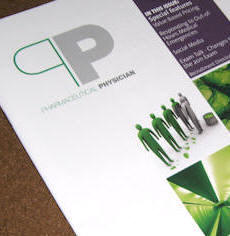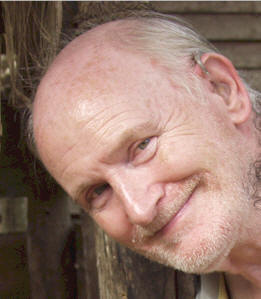

Hugh Gibbons'
references and extra information
PPhunnybone for November 2015
for
pharmaceutical physicians, colleagues and friends

 |
||
|
|
Hugh Gibbons'
references and extra information
|
|
|
PPhunnybonus Home |
PPhunnybones References |
PPhunnies at Work |
PPhood
for Thought |
PPhurther Education: Dip.App.Gelotology |
PPhunnybonus Contact |
|
BERRA OF GOOD NEWS I predict
your obituary will not start: “Much-loved pharmaceutical physician…” But
when baseball player Yogi Berra died in September, the obits were full of
his humanity and generosity of spirit, as well as outstanding professional
record. And of his quirky nuggets carrying grains of truth, such as: “What
makes a good manager? Good players!”; and "Half the lies they tell about me
aren't true." Oft cited (if apocryphal) is: “It's tough to make predictions,
especially about the future”. Quite so. In 1902, HG Wells predicted: “Very probably
before 1950, a successful aeroplane will have soared and come home safe and
sound.” The Wright Brothers must have fallen about with laughter at Kitty
Hawk the next year. But hey. Here’s Wilbur in 1907. “In 1901, I said to my
brother Orville that man would not fly for 50 years. Ever since, I have
avoided predictions.” Yet in 1908, Orville felt: “No machine will ever fly
from New York to Paris without stopping.” And in 1909, Wilbur offered: “We
saw that the helicopter has no future, and dropped it”. My bad, too. In the late 1990s, I made three predictions.
First, that New Labour would mean the end of the Conservative Party. Second,
that if the climate was changing, governments would hush it up. Third, that
IT systems enabled such sophisticated warnings that a global financial crash
would never happen. (Mind you, I was in good company. In 1966, economist
Paul Samuelson noted that "Wall Street indices predicted nine out of the
last five recessions.") But are you – trained in prognosis-making - any better?
Would you have In business, making predictions is a given – often
collectively and unaware of the many cognitive biases that affect decisions.
Take Survivorship Bias – when you focus on surviving examples, causing you
to misjudge a situation. (Example? Thinking that being an entrepreneur is
easy because we haven’t heard of all those who failed.) Have faith in the
rabbit’s foot if you choose, but remember: it didn’t work for the rabbit. So I warm to Daniel Kahneman’s recommendation in the
ever-readable Thinking Fast & Slow: the Pre-Mortem. This gets you to imagine
that the proposed project or organisation has failed. You then work
backwards to determine what potentially could lead to failure. This
technique breaks possible groupthinking by facilitating a positive
discussion on threats, and increasing the likelihood that the main ones are
identified and addressed. And Clay Christensen of Harvard Business School has the
delightful How Will You Measure Your Life? He offers a question that should
be a PostIt on every plan or proposal, as well as your desk, home and satnav.
"What assumptions must prove true for this plan to work?" As Yogi put it: “If you don’t know where you’re going, you could wind up somewhere else.” Mind you, I predict that will be my own happy obituary. |
|
|